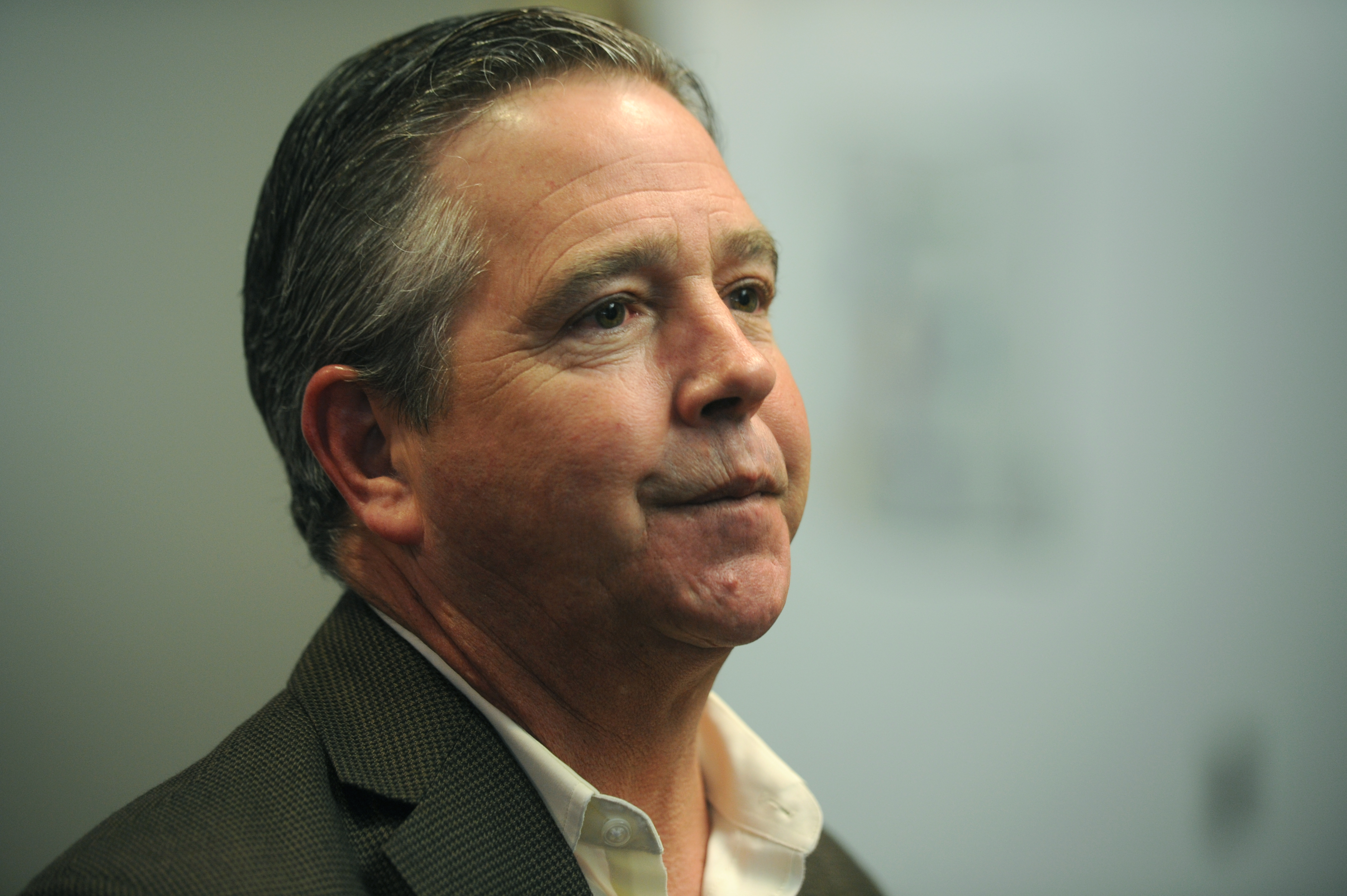Dies Family Awarded $2.5 Million Settlement
Feds Pay Up for Congressional Aide's Hit-and-Run Death of Mallory Dies

After a year of legal haggling and political haranguing, the U.S. government has agreed to pay the family of Mallory Dies $2.5 million for the death of the 27-year-old Santa Barbara resident by congressional aide Raymond Morua.
Morua, then a district representative for Congressmember Lois Capps, hit Dies in a drunk-driving accident last December. Capps’s office repeatedly denied that Morua — who had two prior DUIs — was working at the time, but the Dies family and their attorneys maintained he was indeed on the clock. They filed a wrongful-death lawsuit against the government earlier this year and signed the settlement on November 1, three days before the general election.
The U.S. Attorney’s Office declined to comment on the agreement, which stipulates the government doesn’t admit any liability in Dies’s death. Dies family attorney Robert Stoll, however, dismissed the document’s language as pro forma and said “implicit in the payment is a full admission of liability.” It isn’t clear why the deal had not been openly discussed until now.
Both Stoll and Mallory’s father, Matt Dies, specifically thanked Assistant U.S. Attorney Julie Zatz for her compassionate handling of the case. “She was the one person in the federal government who seemed to have a heart and acted like a human being,” Dies said. “She looked at all the facts and was very sympathetic.” Zatz reportedly met with Attorney General Eric Holder just before the agreement was struck.
Throughout Morua’s criminal case, Dies was vocal in his criticism of Capps for what he viewed as an avoidance of responsibility for the behavior of one of her staff members, and he disputed her claims that Morua was not representing her in an official capacity the night he hit Mallory. Capps was not personally named in the family’s lawsuit, Stoll explained, because the federal government assumed the legal burden in the civil case. Neither Capps nor her office was involved in settlement negotiations. Morua remains a defendant in the lawsuit.
Shortly after Morua’s arrest on December 6, 2013, Capps’s office said it was unaware of his criminal record when he was hired two years earlier and that it had followed standard House vetting procedures — which didn’t include a criminal background check — as he was considered for employment. Capps representatives said they have since updated their hiring practices. Morua was fired shortly after the incident and, after pleading guilty to manslaughter and hit-and-run charges, was sentenced in May to 20 years to life in prison.
In the lawsuit, Stoll alleged that Capps hired Morua knowing full well he had a history of “alcohol and drug abuse” and that she and her staff acted negligently by asking him to drive as part of his work duties. Stoll also said he had multiple pieces of evidence — including photos and texts — that proved Morua was working in the hours and minutes leading up to the accident. In a statement he read aloud during his sentencing hearing, Morua himself declared he was on the job that night.
Capps’s office issued this statement Monday morning about the settlement: “This lawsuit and the agreed upon settlement is between the United States Government — represented by the Department of Justice — and the Dies family. I respect the decision between the two parties to settle the case. This senseless tragedy is a reminder of the horrible consequences of drinking and driving. My thoughts and prayers continue to be with Mallory Dies’s friends and family.”
Dies said a large portion of the $2.5 million will go toward growing the anti-drinking-and-driving group — Vow4Mal — he and others formed in the wake of Mallory’s death. “It will allow us to keep my daughter’s legacy alive and save lives in Santa Barbara,” he explained. But at the end of the day, he went on, “It’s not about the money. It’s about the government stepping up and saying we did wrong by your daughter and your family.”
On St. Patrick’s Day, Dies said, Vow4Mal will spearhead a “provide a ride” program to cover the costs of designated taxi rides from downtown bars. The group is partnering with Lyft, Uber, RockStar Transportation, Lucky Taxi & Limousine, and others. “We just want you all to be safe,” Dies said. “We’re very proud of what we’ve been able to do so far, and with the settlement, we’ll be able to make an even greater impact.”



